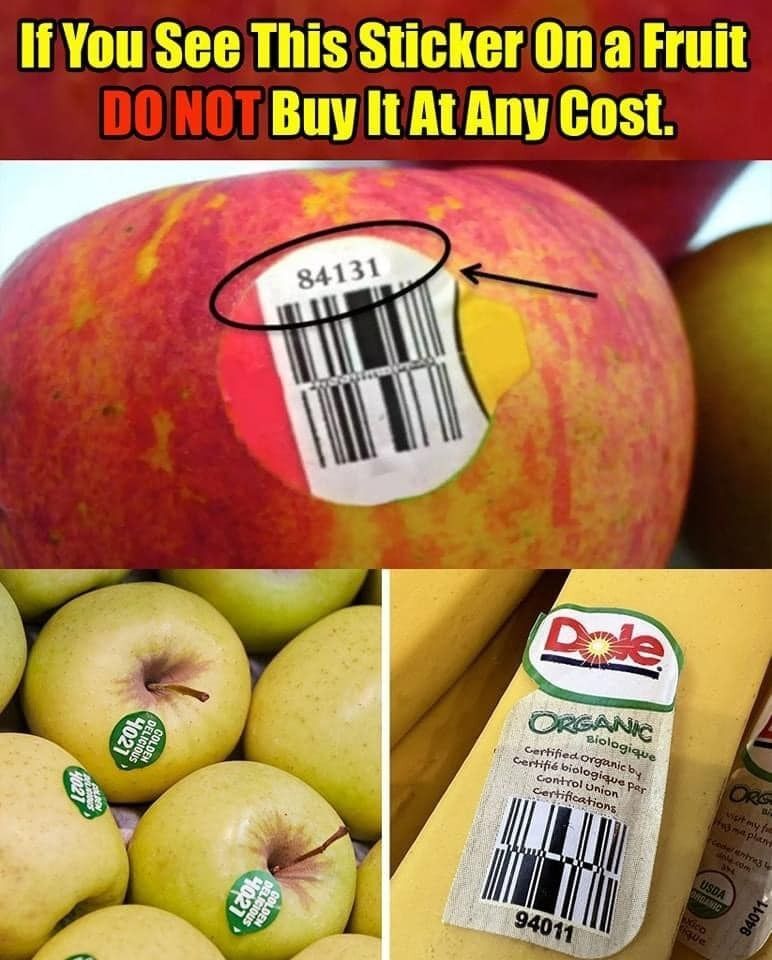2. Environmental Impact: The choice between conventional and organic farming practices also has environmental implications. Organic farming methods prioritize soil health and sustainability, aiming to reduce soil erosion, conserve water, and minimize chemical runoff. By supporting organic farming, you can contribute to more environmentally friendly agriculture.
3. Supporting Local Farmers: Buying fruits from local farmers through farmers’ markets or Community Supported Agriculture (CSA) programs benefits your local economy, reduces the distance your food travels, and ensures fresher produce. Even if local farmers are not certified organic, they may still employ sustainable farming practices. Engaging in conversations with them can provide valuable insights into their methods.
Advocating for Transparent Food Labeling
As consumers, we have the power to make informed choices and advocate for transparent food labeling. Supporting organizations and brands that provide additional information about the fruit’s origin, farming practices, and certifications helps promote better information sharing within the industry.
By considering these factors and understanding the meaning behind fruit labels, we can make food choices that align with our nutritional needs, environmental values, and support for local agriculture. So the next time you pick up a piece of fruit, take a moment to decode that little sticker. It might just reveal more about your food choices than you ever imagined.
Remember, if buying locally is not an option for you, look for fruits with the organic label starting with the number 9.
ADVERTISEMENT
